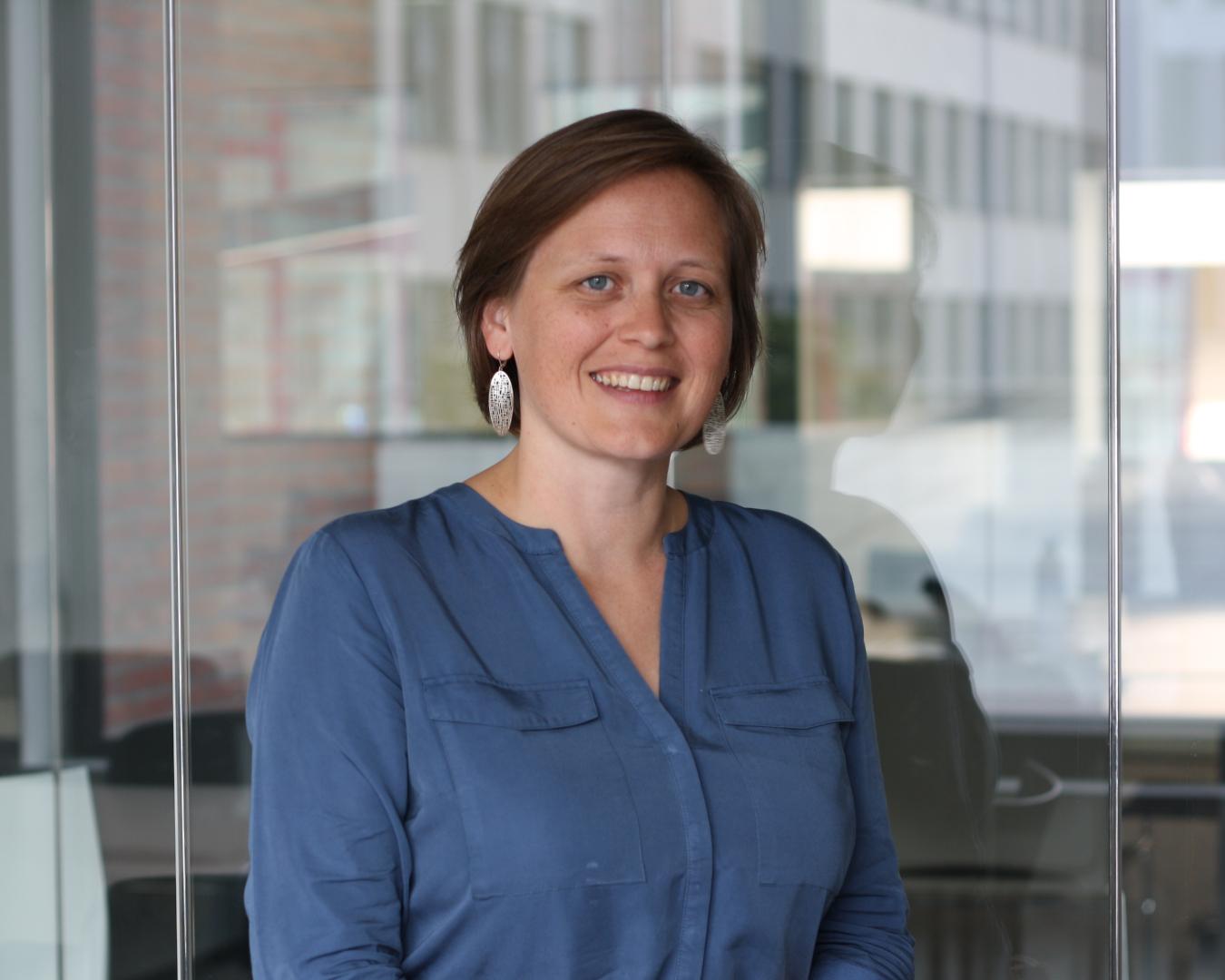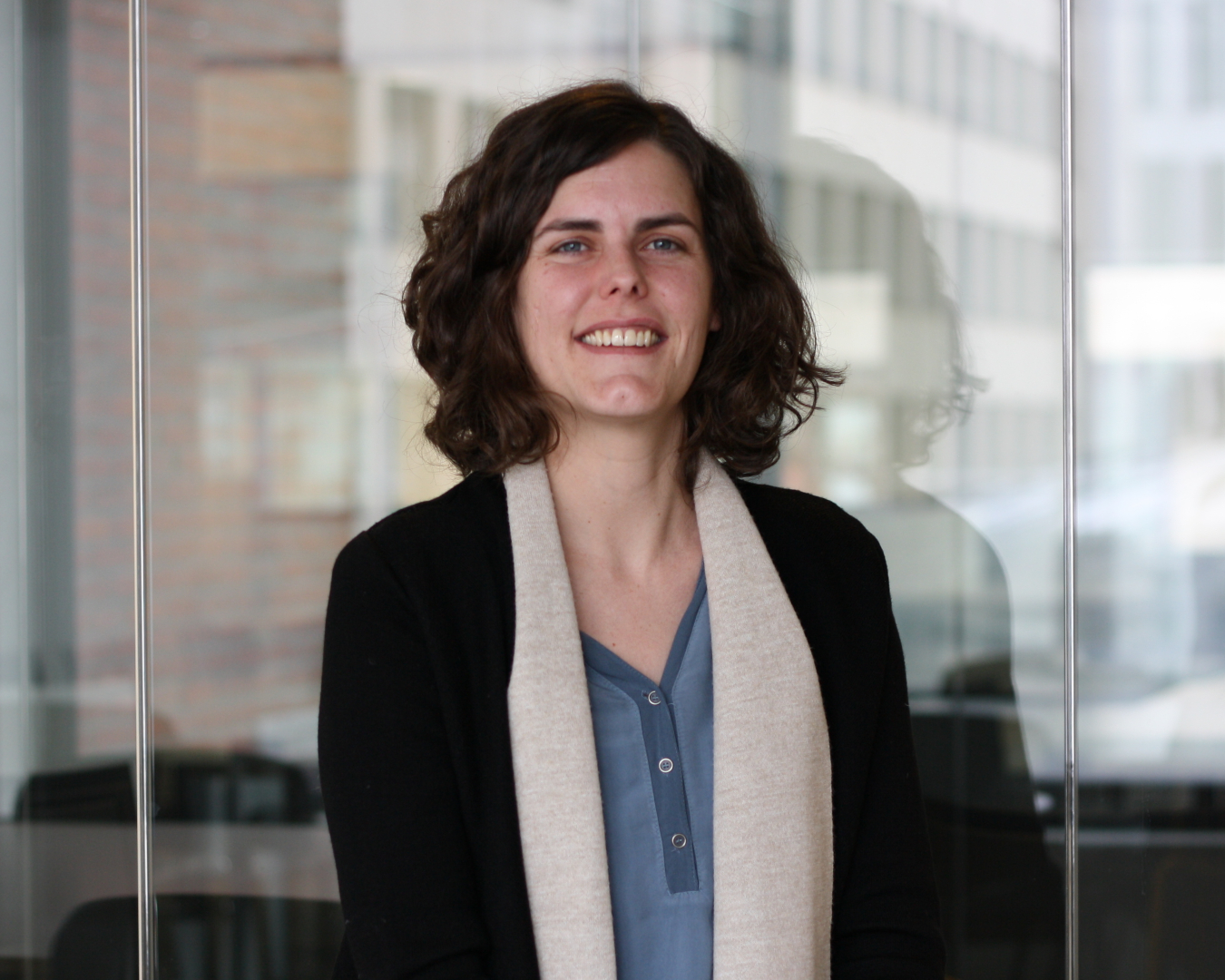We work on more than 300 projects every year.
Mobility and career paths of researchers in Europe (MORE-studies)
The challenge
Researchers are the cornerstone of the research and innovation system and the development of the European Research Area. What is the situation of researchers in the EU? What are their working conditions and career patterns? What are their mobility patterns and their motivations to move to other countries? What are the barriers researchers experience when moving to other EU and non-EU countries? In a context of an ever-growing global competition for talent, the MORE studies commissioned by DG RTD aim at carrying out a stock taking exercise able to provide answers to these questions and observe changes over time.
The process & results
Four times in a row, IDEA led or contributed to the MORE study on mobility and career paths of researchers in Europe. In these studies, IDEA and its international partners have supported the European Commission in the collection of evidence for policy development on the research profession in Europe. Across the studies, new insights were developed on what researchers find important in their careers and mobility, to what extent they still face barriers for mobility and career progression and which impact policy measures have on these aspects.
These studies included the development of complex surveys of researchers working in the EU and beyond. The results showed for instance that there is something like a global mind-set on what makes for an attractive research career (in academia) being the factors related to researchers´ scientific productivity the ones that appear to most important for researchers (e.g. international networking, career perspectives and working with high quality peers). Further, intersectoral mobility was regarded as less important for recruitment or career progression in academia than international and interdisciplinary mobility.
However, the results also show that there are important differences across national research systems which has an impact on how attractive they are perceived by researchers and is related to varying patterns of international mobility, including asymmetric mobility or brain drain. This was found to be not only pertinent at the global level between high-income countries with strong research systems and lower-income countries with weaker research systems, but also within the European Union.
These insights were used by the European Commission to understand the drivers and enablers that define the attractiveness of the EU as a research area. The findings emphasise a need for a stronger policy focus on boosting conditions for scientific productivity in all Member States and to foster symmetric mobility and brain circulation at EU level.
The reports of the fourth MORE study are available at Euraxess Policy Library (https://euraxess.ec.europa.eu/useful-information/policy-library).



